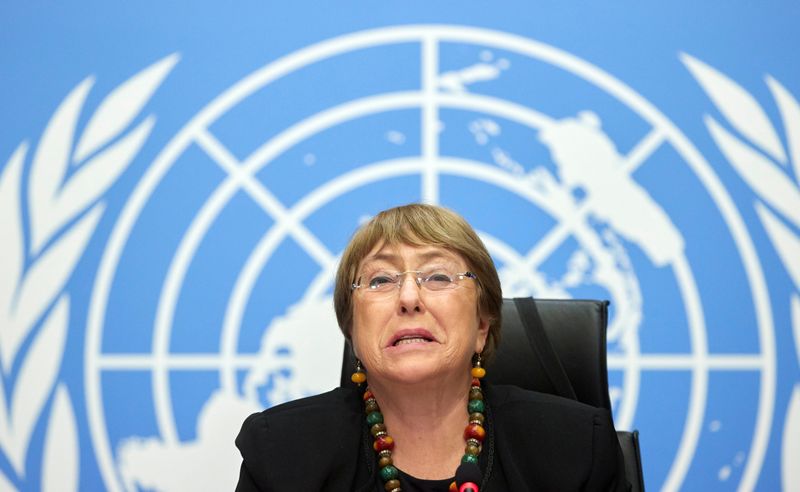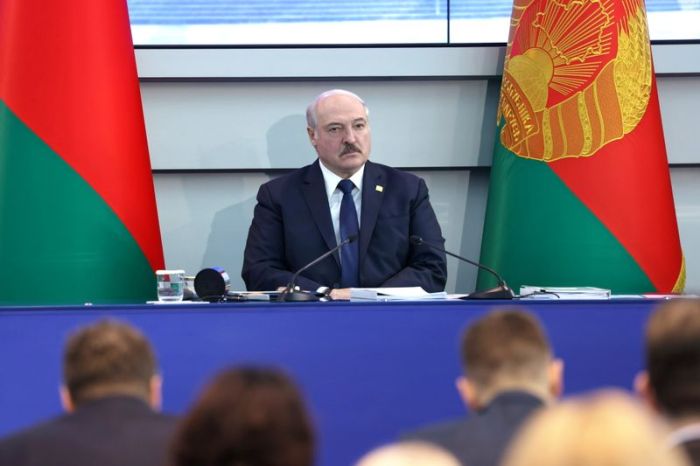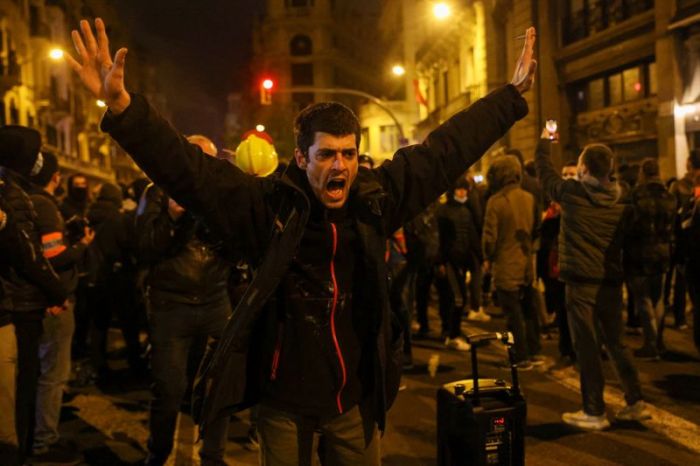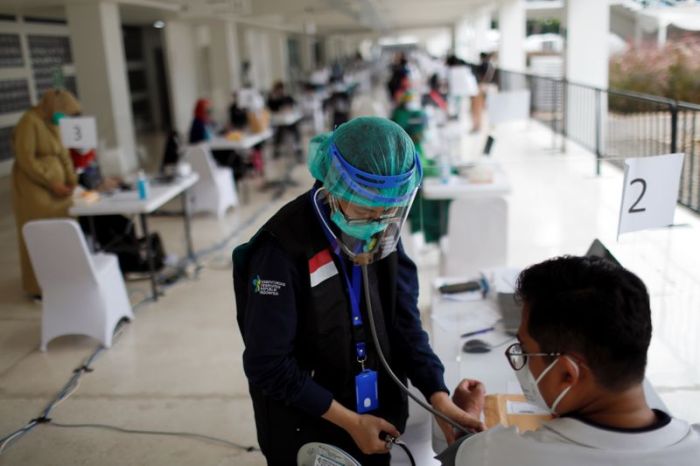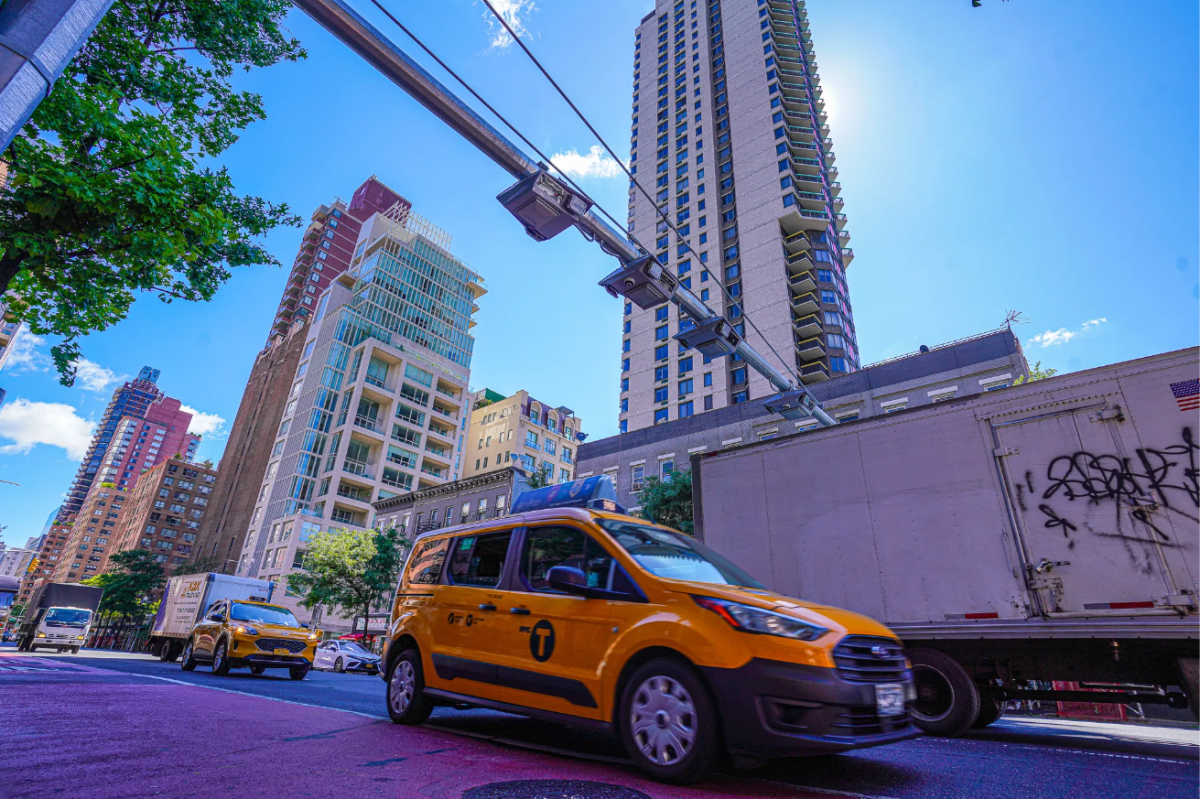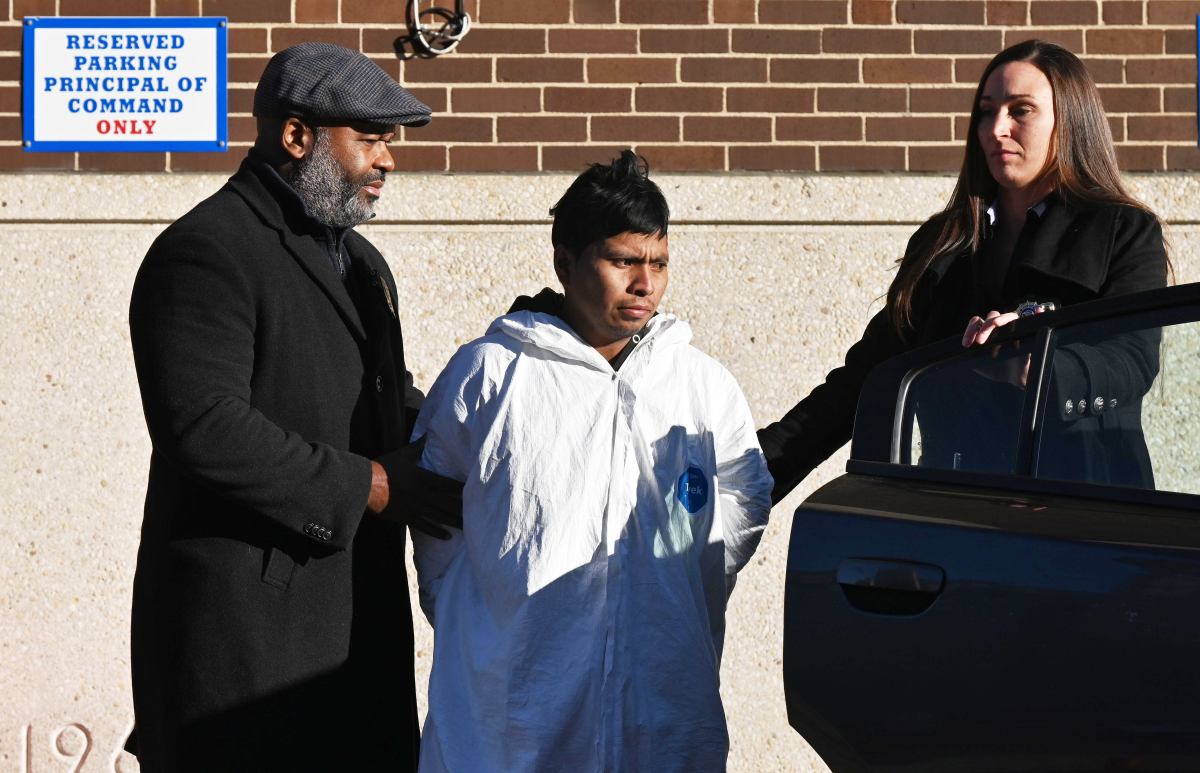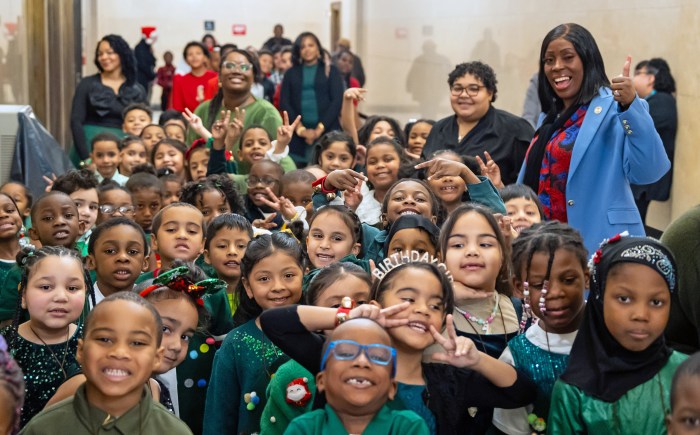GENEVA (Reuters) – United Nations human rights chief Michelle Bachelet said on Friday that China is restricting basic civil and political freedoms in the name of national security and COVID-19 measures, adding to a wave of criticism of the country’s rights record.
“Activists, lawyers and human rights defenders – as well as some foreign nationals – face arbitrary criminal charges, detention or unfair trials,” Bachelet told the Human Rights Council.
More than 600 people in Hong Kong are being investigated for taking part in protests, some under the new national security law imposed by mainland China on the former British colony, she said.
Hong Kong Secretary of Justice Teresa Cheng told the Geneva forum that since the law was adopted, civil unrest had subsided and residents can enjoy their lawful freedoms.
Referring to China’s Xinjiang region, Bachelet said that given reports about arbitrary detention, ill-treatment, sexual violence and forced labour, there was a need for a thorough and independent assessment of the situation.
She said she hoped to clinch agreement with Chinese officials about a visit to the country. Louise Arbour was the last U.N. High Commissioner for Human Rights to visit China, in September 2005.
Activists and U.N. experts have said that at least one million Muslim Uighurs are detained in camps in the western region of Xinjiang. China denies abuses and says its camps provide vocational training and are needed to fight extremism.
China hit back on Wednesday at growing criticism by Western powers of its treatment of ethnic minorities in Xinjiang and Tibet and of citizens in Hong Kong.
Britain’s Foreign Secretary Dominic Raab has said that torture, forced labour and sterilisations are taking place on an “industrial scale” in Xinjiang. France’s Foreign Minister Jean-Yves Le Drian denounced “an institutionalised system of surveillance and repression on a large scale”.
The Biden administration has endorsed a determination by the Trump administration in its final days that China has committed genocide in Xinjiang and has said the United States must be prepared to impose costs on China.
Chinese foreign minister Wang Yi said on Monday that “there has never been so-called genocide, forced labour, or religious oppression in Xinjiang.”
(Reporting by Stephanie Nebehay; Editing by John Revill, William Maclean and Frances Kerry)

